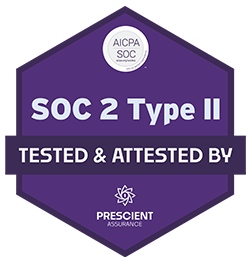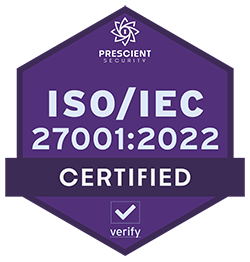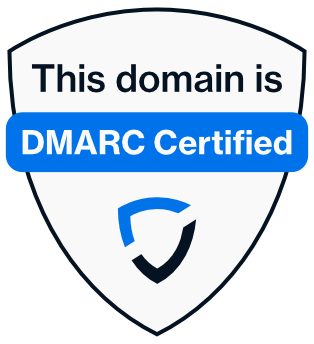Platform & Services
Company
Platform & Services
Company
- Copyright © Sendmarc
- Website terms
- Privacy policy
- Terms of service
- Security



